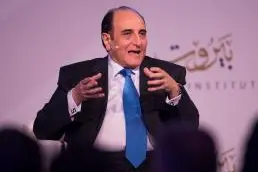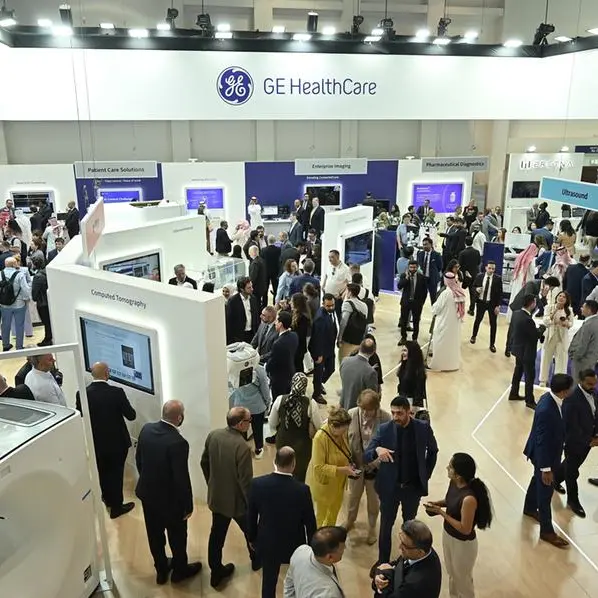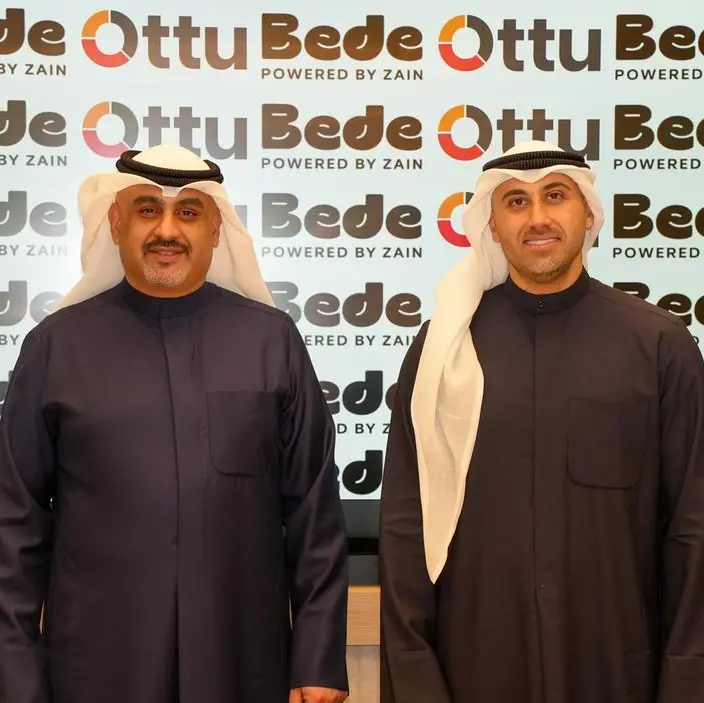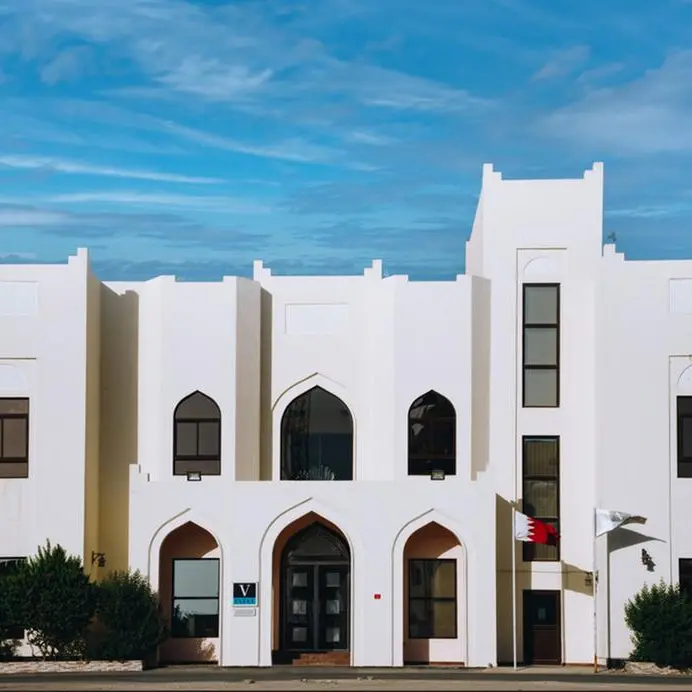PHOTO
Osman Sultan: "A truly digital Arab region can be a catalyst for furthering integration, economic growth and modern, interactive public services"
Abu Dhabi-UAE: 11 October, 2015
Entitled "Smart Cities in the Arab Region - Are They Exclusive or Inclusive?", the second day of Beirut Institute Summit featured an interview with Osman Sultan, CEO of Du, as part of a series of sessions seeking to highlight individual perspectives on key topics concerning the reconfiguration of the Arab region and its global space.
Moderated by Maya Raydan from SkyNews Arabia, the interview shed light on the questions of how the smart cities of tomorrow might be designed and configured, how planners might deliver Happy Citizen Experiences through an integrated Smart City blueprint, and whether or not future Arab Smart Cities will offer inclusive or exclusive urban environments.
Speaking on the subject, Osman Sultan said: "Smart cities have huge potential, ranging from transport to healthcare to energy use to the built environment and, ultimately, the development of technology and infrastructure. It is indeed hard to conceive of all the possibilities smart systems offer us in terms of efficiency, innovation and citizen empowerment across the Arab world."
"In order to develop smart cities further, there is a need for political will, regulatory and legal frameworks for data and information use, and a clear idea of the challenges policy makers need to address and how technology can play a part in this. The Dubai Smart City project is a radical venture in that it is the first in the world to develop a truly holistic vision of how technology can improve the development of the entire city," added Sultan.
He added: "A truly digital Arab Region can be a catalyst for furthering integration, economic growth and modern, interactive public services."
Set to conclude today (October 11), Beirut Institute Summit seeks to explore the Arab region's challenges and potential through integrated inter-disciplinary perspectives that move beyond a traditional understanding of the concepts of "political economy" and "security threats". Among the issues under the spotlight at the open-door plenary sessions are the role of smart cities, Arab women's viewpoints and the relationship between ideas and policy.
Saudi-based ACWA Power is supporting the Summit as gold sponsor, with Consolidated Contractors Company (CCC) as silver sponsor, and the UAE's national carrier, Etihad Airways as the official airline partner. A.T. Kearney is supporting the Summit as the exclusive Knowledge Partner.
-Ends-
Beirut Institute, a leading independent and indigenous think tank in the Arab region, is highly respected as a catalyst for innovative, intergenerational and solution-oriented thinking on the issues relevant to the Arab region and its place in the world.
The Institute's Board of Directors include: HRH Prince Turki Al Faisal; HE Abdulkarim El Eryani; HE Ambassador Lakhdar Brahimi; HE Dr. Amre Moussa; HE Dr. Barhman Saleh; HE Marwan Kheireddine; Ms Nahla Haidar; Mr Talal Al Shair; Mr Talal Al Zain; Mr Badih Moukarzel and Ms Raghida Dergham the Founder and Executive Chairman.
Beirut Institute Summit's Co-Chairs are: HRH Prince Turki Al Faisal Chairman of King Faisal Center for Research and Islamic Studies; Iraqi Finance Minister Hoshyar Zebari; Bahrain Foreign Minister Sheikh Khaled Bin Ahmad Al Khalifa; UAE Ambassador to Washington Yousef Al Otaiba; Naseej Co. & Solidarity Group Holding Chairman Khalid Abdulla Janahi; Wamda Capital Managing Partner Fadi Ghandour; APCO Worldwide Founder and Executive Chairman Margery Kraus; and Al-Mawarid Bank Chairman Marwan Kheireddine.
For more information
Media Team:
APCO Worldwide
Ali Koaik: akoaik@apcoworldwide.com
Tel: +971 4 361 3333
Beirut Institute Summit Team:
Beirut Institute
Jeanine Kounjian: jeanine.kounjian@beirutinstitute.org
Mario Kanaan: mario.kanaan@beirutinstitute.org
© Press Release 2015




















